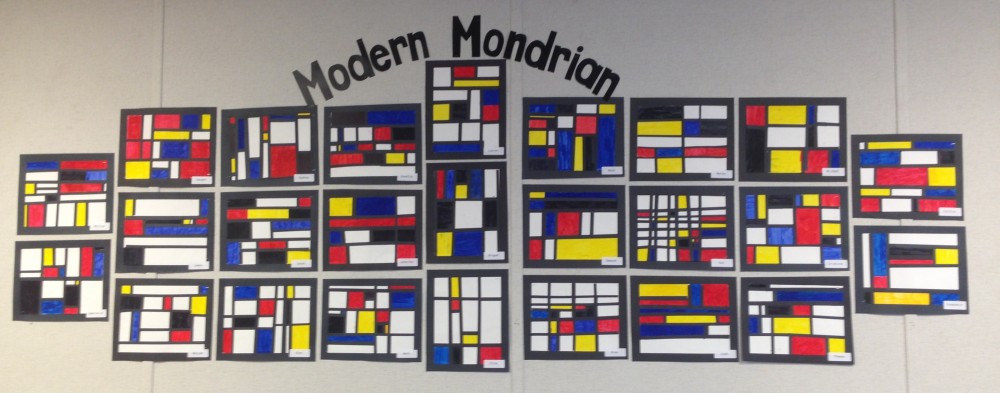As a continuing ed. student, I am currently taking courses in the post-graduate diploma education program to specialize in human development, including early childhood education, special needs and counseling. In one of my early childhood education courses, I have written an integrated unit for Kindergarten on environment education because I am passionate about sustainability and how it may be introduced to the young starting in the early years.
Kindergarten Unit Plan on Environmental Sustainability:
Recycling Kindergarten Unit Plan
The unit direction is to engage students as “little researchers” to make observations, ask questions and create their own projects in the natural environment. Based on the approach of inquiry-based learning, I ask students to draw on what they have known and would be open to explore. Then, they are invited to come up with their solutions to current environmental problems using various representations. For their unit-end assignment, their mission is to make an impact through an activity in the classroom or the school community to raise an awareness of environmental sustainability. Hands-on experiences are required for both teachers and students, such as growing different kinds of vegetables, going on an outdoor exploration, recycling lunch items, etc. Environmental education, inquiry-based learning and research-type questions are innovative topics for me as an educator to motivate students to participate fully in the classroom setting.
I believe that it would be imperative to participate in the greater teaching community, such as the university, the school board, the BC Sierra Club and the urban farmer groups to promote environmental education. By networking and attending Pro-D Day training, I come to meet with like-minded educators from different sectors and share community resources to support each other. I very much look forward to using my kindergarten unit plan for my classroom practices in the school community.
